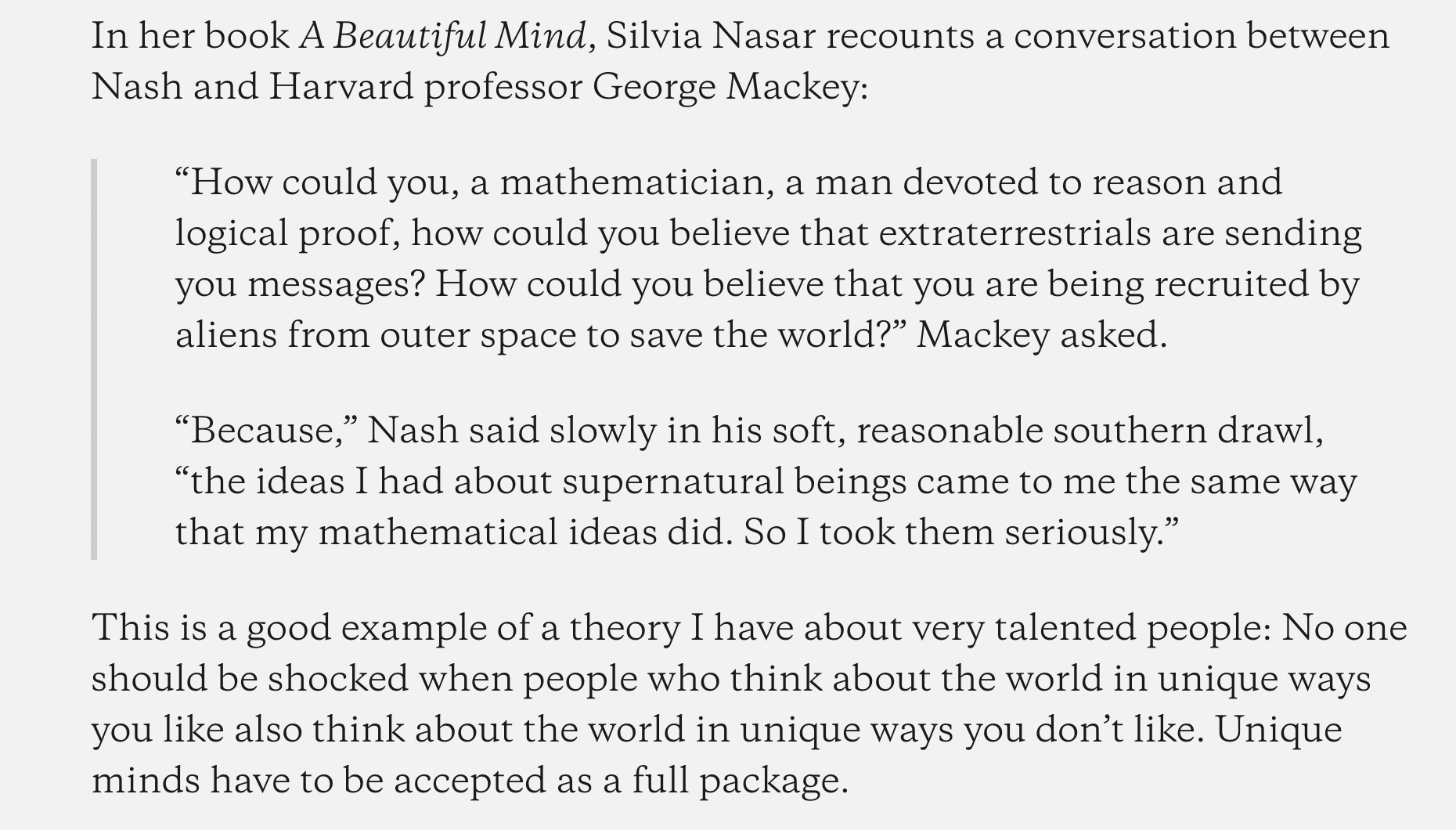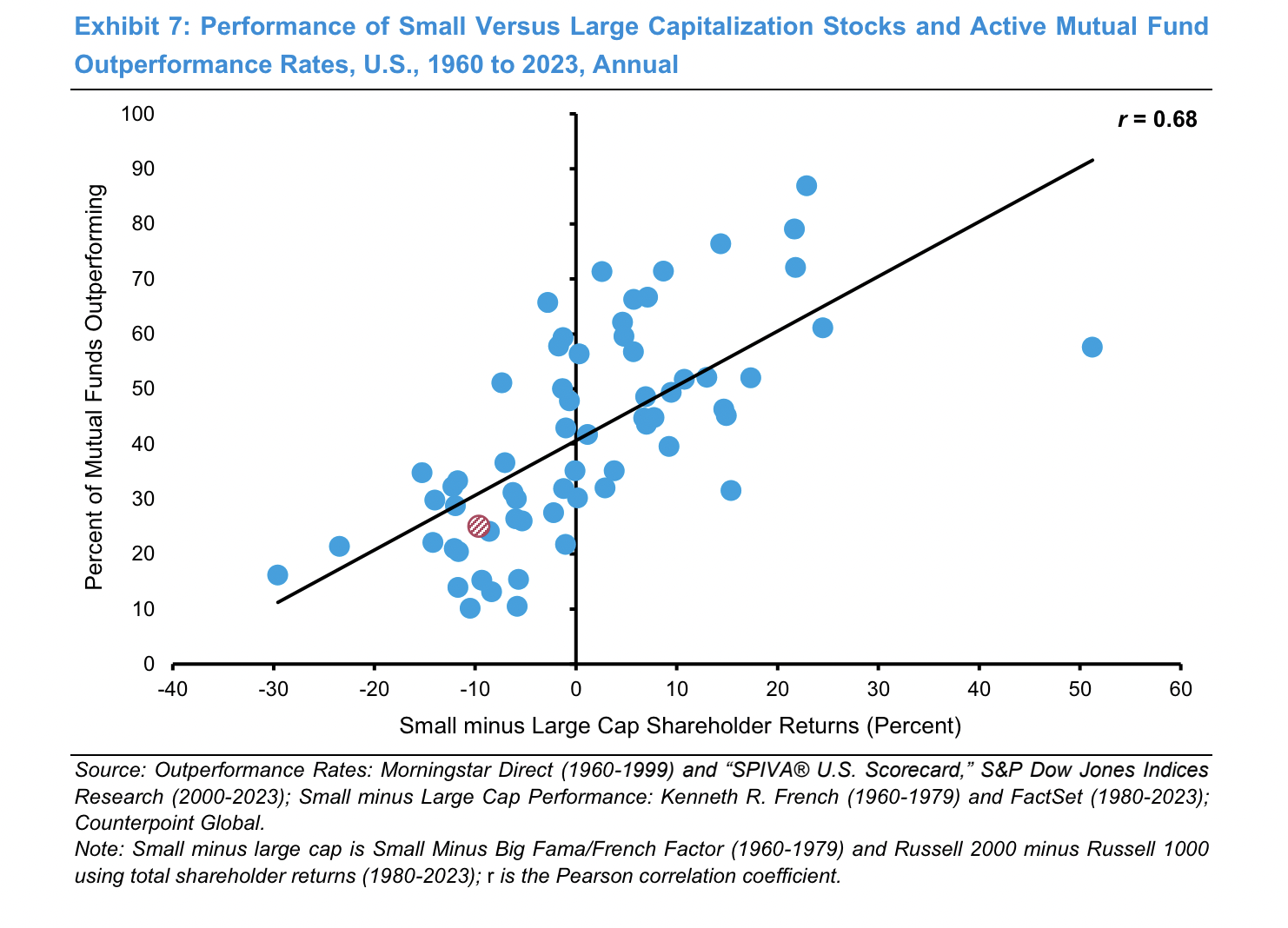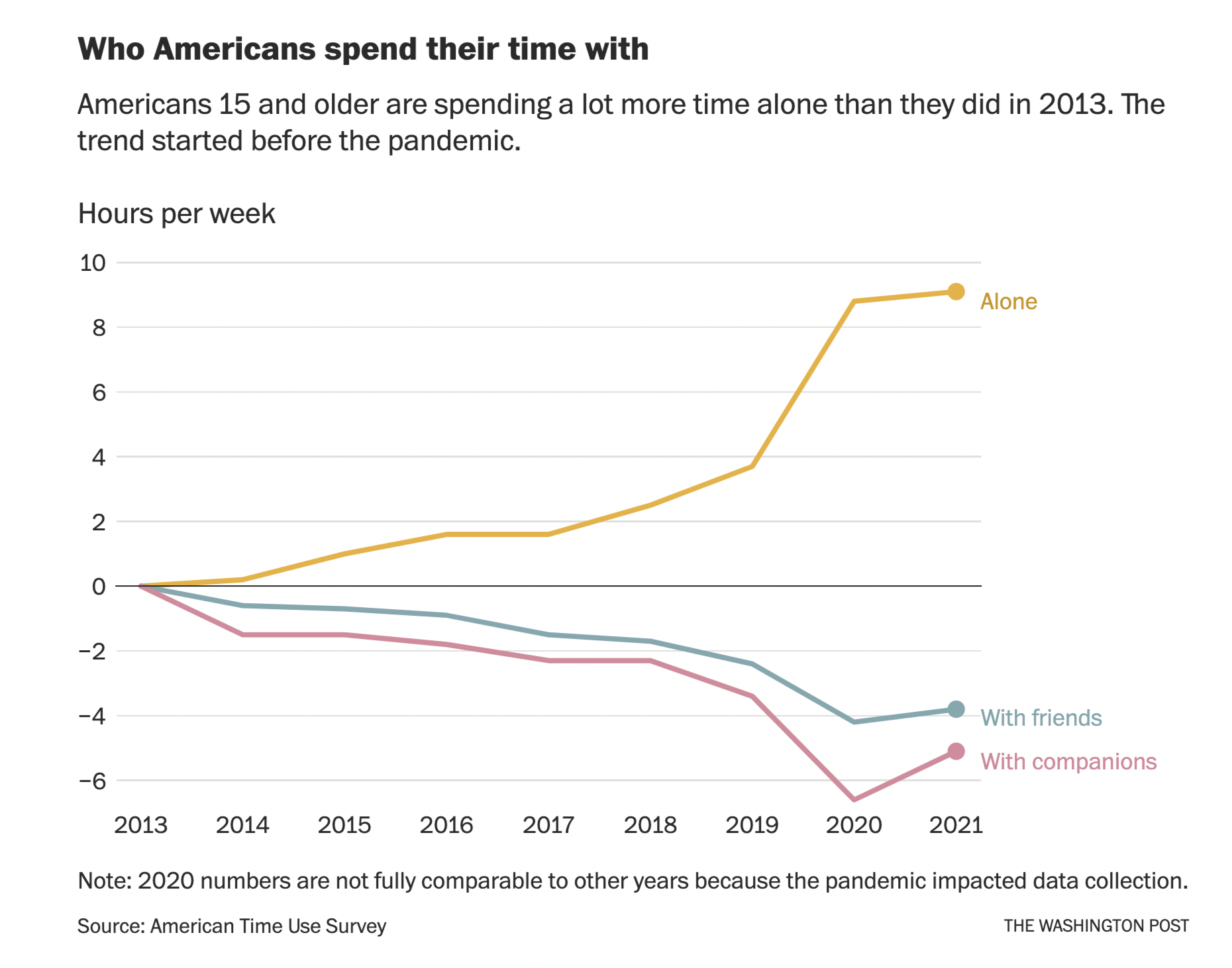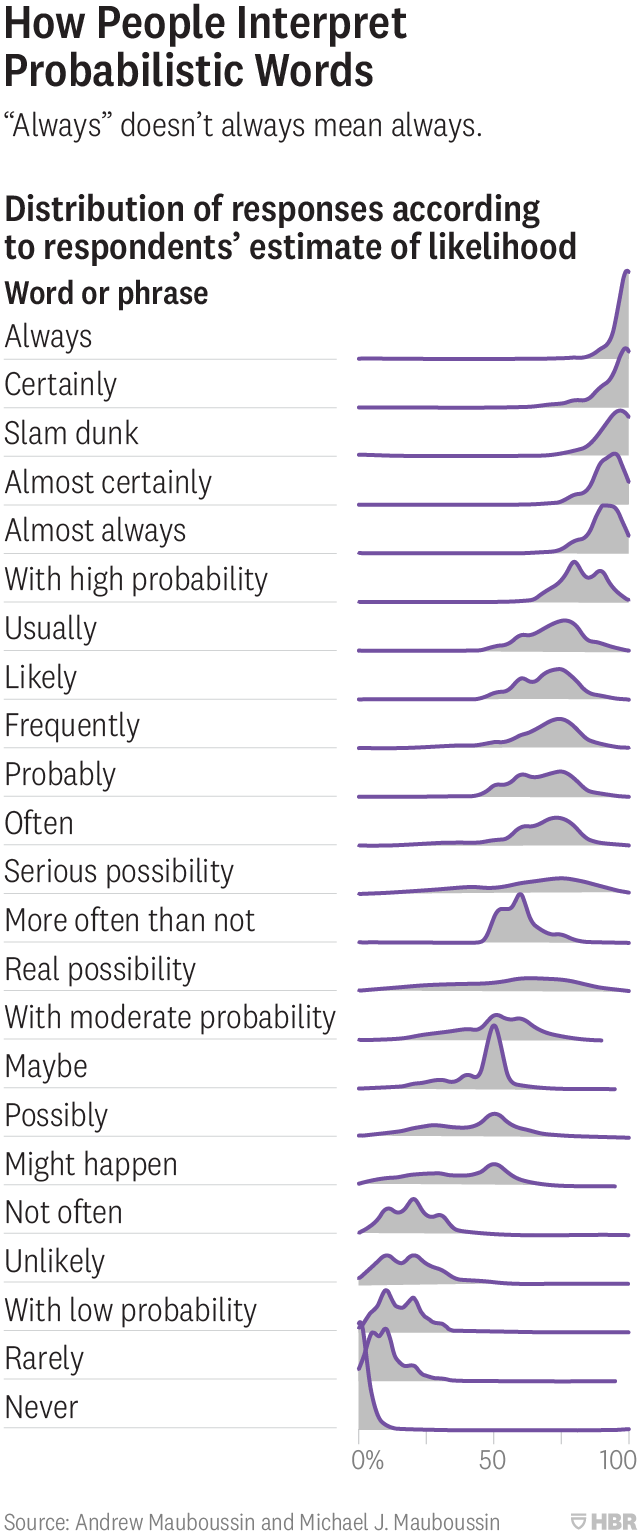- A helpful reminder that charts, a tool used so often in the investing trade, can be misleading.
Behavioural
Marginalia
- An age-old way to take notes is to write in books.
- Here is a nice post on the topic with many examples.
- It serves as yet another reminder that reading and note-taking are quintessential bedfellows.
Slack
- This blog post argues that tech monopolies are good, short lived, and ultimately “fund” the next disruptor.
- Within it is an interesting concept of Slack – “Some group of people must exist who are educated, aware, motivated, and at the bleeding edge of a field…who nonetheless have some spare hours in the workweek to spend innovating on something instead of slavishly executing a task.“
- “It’s necessary to be slightly underemployed if you are to do something significant.“
- This is called slack.
- A monopoly is a way to create this slack.
How to Spot a Bad Argument
- A useful guide from the BBC on tricks used to sound more convincing.
Major Sociological Theories
- Useful list to broaden horizons on one of the most important, yet often overlooked disciplines especially in financial circles.
Failure Mindset
“Perfection is impossible. In the 1526 singles matches I played in my career, I won almost 80% of those matches. Now, I have a question for you.
What percentage of points do you think I won in those matches? Only 54%.
In other words, even top-ranked tennis players win barely more than half of the points they play. When you lose every second point on average, you learn not to dwell on every shot.
You teach yourself to think, okay, I double-faulted … it’s only a point. Okay, I came to the net, then I got passed again; it’s only a point. Even a great shot, an overhead backhand smash that ends up on ESPN’s top 10 playlist. That, too, is just a point.
And here’s why I’m telling you this. When you’re playing a point, it has to be the most important thing in the world, and it is. But when it’s behind you, It’s behind you. This mindset is really crucial because it frees you to fully commit to the next point and the next point after that, with intensity, clarity, and focus.
You want to become a master at overcoming hard moments. That is, to me, the sign of a champion. The best in the world are not the best because they win every point. It’s because they lose again and again and have learned how to deal with it. You accept it. Cry it out if you need to and force a smile.”
— Roger Federer (via FS).
A few short stories.
- Great read.
Concentration and Active Management
- “Rising stock market concentration is challenging for active managers because on average they own stocks with smaller market capitalizations than those in their benchmarks. That means when large-cap stocks do well relative to small-cap stocks, the percentage of mutual funds that outperform the benchmark tends to go down. When small caps outperform large caps, active managers outperform at a higher rate. Exhibit 7 shows this relationship from 1960 to 2023. The striped red dot shows the outcome for 2023.“
- Source: Mauboussin.
Investment Cognitive Dissonance
- “We believe even modest amounts of leverage is risky…
…but large concentrated bets like being 100% in equities are just peachy keen“ - Among the list of beliefs that the investment community holds simultaneously that are at odds.
Idea generation
- “The common trait of people who supposedly have vision is that they spend a lot of time reading and gathering information, and then they synthesize it until they come up with an idea.” — Fred Smith, Overnight Success: Federal Express and Frederick Smith, Its Renegade Creator
Attractiveness and Fund Manager Performance
- “In this paper, we study the relationship between stock fund managers’ facial attractiveness and fund outcomes. Utilizing the state-of-art deep learning technique to quantify facial attractiveness, we find that funds with facial unattractive managers outperform funds with attractive managers by over 2% per annum. We next show that good-looking managers attract significant higher fund flow especially if the funds are available on Fintech platforms where their photos are accessible to investors. Good-looking managers also have greater chance of promotion and tend to move to small firms. The potential explanations for their underperformance include inadequate ability, insufficient effort, overconfidence and inefficient site visits.”
The Laws of Trading
- “A book about trading isn’t ever actually about trading. It is either:
- “A former trader sharing stories from their glory days, e.g. Liar’s Poker, the exposé that morphed into a how-to guide, or“
- “Tales of Icarus flying too close to the sun, where readers revel in schadenfreude, e.g., When Genius Failed.“
- So starts this engaging review of “The Laws of Trading” – a different take on the endeavour with broader lessons for decision-making in other domains.
- The book’s author, Lebron, trained and worked as an engineer before switching to a career as a researcher and quant trader at Jane Street.
Being Alone
How to Negotiate
- Fascinating article based on a Wharton professor’s guide to negotiating for reasonable people.
- Some of the key points:
- Leverage – “In general, the person who feels better about “no deal” has the most leverage, and the person that’s less okay with “no deal” has the least leverage.“
- Have specific justifiable goals – preparation is key here.
- Establish and maintain trust – “If it’s not there, trust is the single biggest obstacle to a good deal.”
- Get information – “More listening = more leverage.”
- Concessions – “Link them with “if…then.” Make sure they recognize you’re giving up something of value so they feel the need to reciprocate.“
Expert Interview Advice
- How to interview and ask good questions is a key skill in the investor toolkit.
- This ebook guide on how to conduct an expert interview by Stream is well worth a skim (you can grab a 14-week free trial to Stream and read all of their 20,000+ expert interviews on companies).
- This is also a nice complementary FS piece on how to generally ask better questions.
Bewilderment
- They say in investing it is all about having strong opinions weakly held.
- Another way to say this is – bewilderment to combat excessive certainty, inflexibility, over confidence.
- “You no longer need to exhaust yourself pretending to understand what you don’t or making pronouncements about questions that are above your pay grade. You can trade false simplicity for complicated truth. And the resulting worldview is more useful and more beautiful because it genuinely reflects reality. That’s why a synonym for bewilderment is wonder, which, at least for me, is not terrifying but exhilarating.”
The Awkward Silence
- A useful tool for any investor interviewing management.
- “I learned this one from the psychoanalysts. Nobody likes an awkward silence. If a patient tells you something, and you are awkwardly silent, then the patient will rush to fill the awkward silence with whatever they can think of, which will probably be whatever they were holding back the first time they started talking. You won’t believe how well this one works until you try it. Just stay silent long enough, and the other person will tell you everything. It’s better than waterboarding.“
- Source.
Some Things to do
- A delightful list “of things you’re allowed to do that you thought you couldn’t, or didn’t even know you could.“
- Especially like the idea of hiring a researcher or expert consultant – and how to go about doing that.
- Really has something for everyone.
What if reading is bad?
- You are reading text right now. It engulfs our lives.
- “Between 1900 and 1990, the amount of time the average American spent reading and writing remained broadly consistent: somewhere between one and two hours a day.”
- With the advent of the internet and text messaging – this more than doubled to four to five hours.
- It is estimated the average internet user sees 490,000 words per day (more than War and Peace!).
- As this wonderful contrarian article argues – this might not, as many argue, be all good.
- “Every time we read, we inevitably conceptualize the world, in perhaps an ever-increasingly abstract way. And it’s conceivable that we may reach a point where those abstracting effects go too far.“
- Article sourced from The Browser – a brilliant resource.
Probabilistic Words
- People use words to describe probabilities all the time.
- Yet this leads to a huge amount of confusion, especially in financial press.
- In this great article, Mauboussin (two of them) lay out learnings from a survey they did on this topic.
- Take this chart – the term “real possibility” was taken to mean anything from 20%-80% by 1,700 people surveyed – a huge range.
- Lots of interesting ideas inside on how to “combat” this bias.




